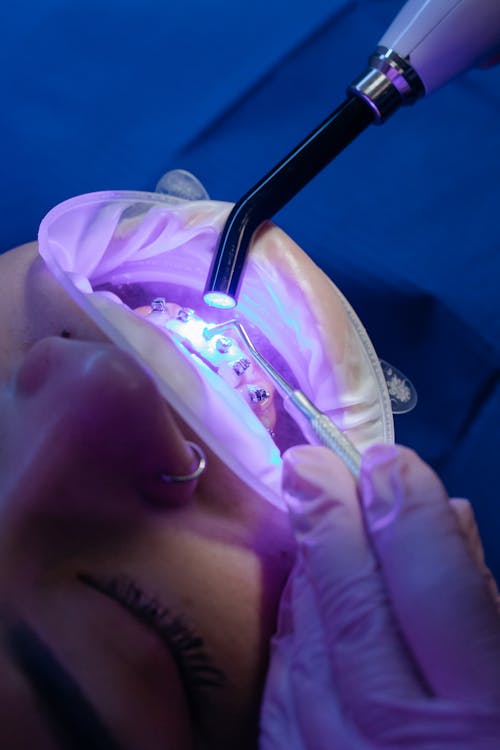The Hidden Costs of Dental Implants: What You Need to Know
Understanding the cost of dental implants extends beyond the initial price tag. This article will uncover hidden costs, such as maintenance, additional procedures, and the importance of choosing the right dental professional. With clarity on these aspects, you can make an informed decision regarding your dental health and investment.
Decoding the Hidden Costs
While many patients focus on the upfront cost of dental implants, several hidden costs can complicate the total financial picture. For instance, after implantation, patients may need to budget for follow-up appointments and possible adjustments. Also, the requirement for additional procedures, such as bone grafts, can inflate the price of dental implants considerably. Although an initial quote may seem reasonable, the overall expenses must account for these considerations. It's crucial for patients to ask detailed questions about what the quoted price includes to avoid unpleasant financial surprises after the procedure.
The Importance of Aftercare in Total Costs
Following dental implant surgery, aftercare plays a significant role in ensuring the longevity of the investment. Patients may need specialized cleaning products or even professional cleanings more frequently than they would for natural teeth. Such ongoing care can add to the cost of dental implants significantly over time. Additionally, if complications arise, further treatments or replacements may be necessary, which could lead to additional costs not initially anticipated. Therefore, understanding the commitment required for aftercare is vital when considering the true cost of dental implants, emphasizing the significance of preventive maintenance.
Selecting the Right Professional: Costs Beyond Procedure Fees
Choosing the right dental professional is a decision that can significantly impact the cost of dental implants. Highly skilled and experienced practitioners may charge higher fees, but they also decrease the likelihood of complications and subsequent expenses. In contrast, opting for a lower-cost provider may result in unforeseen issues that may require costly corrected procedures. Patients should prioritize training, qualifications, and reviews rather than merely focusing on the cost of dental implants. Investing in a qualified professional can ultimately lead to better outcomes and reduced overall expenses in the future.
The Emotional and Psychological Aspects of Dental Implants
Investing in dental implants encompasses emotional and psychological factors, which are often overlooked in the cost equation. Successfully integrating dental implants can lead to improved self-esteem and confidence, stemming from a restored smile. These benefits can lead to positive outcomes in social and professional interactions, which has an immeasurable value beyond monetary metrics. The emotional cost of feeling self-conscious about tooth loss can be just as compelling as the direct financial investment. Hence, when evaluating the cost of dental implants, recognizing these invaluable aspects is essential for a comprehensive assessment.
Conclusion: Informed Decisions for Financial Preparedness
The cost of dental implants requires careful consideration on multiple fronts. From hidden costs and aftercare to professional selection and the emotional impact, prospective patients must be armed with knowledge. By being fully informed about these factors, individuals can better prepare themselves for the financial commitment involved. Ultimately, understanding the hidden costs of dental implants will lead to more informed decisions, ensuring that patients not only invest wisely but also enjoy the long-term benefits of their choice.
